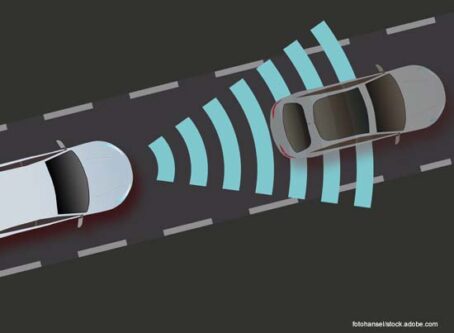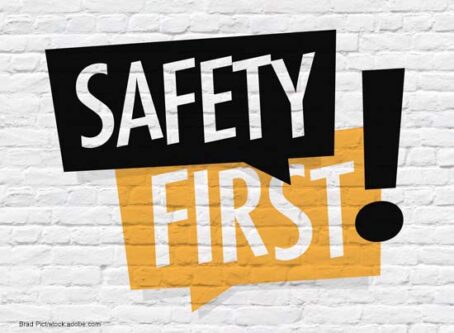FHWA sets emission performance measures for state DOTs
The Federal Highway Administration has issued a final rule establishing greenhouse gas performance measures for state Departments of Transportation and metropolitan planning organizations.
FHWA’s finalized performance measure provides a national framework for state DOTs and metropolitan planning organizations to track transportation-related greenhouse gas emission. According to the final rule, state DOTs and metropolitan planning organizations are required to establish declining carbon dioxide targets. They are to report on progress toward the achievement of those targets.
The final rule only establishes a framework for measurement. It does not mandate how low greenhouse gas emission targets must be.
State DOTs and metropolitan planning organizations have flexibility to set targets that are appropriate for their communities and that work for their respective climate change and other policy priorities, as long as the targets aim to reduce emission over time.
Specifically, state DOTs and metropolitan planning organizations that have National Highway System mileage within their geographic boundaries must establish declining targets for reducing CO2 emission generated by on-road mobile sources relative to a reference year defined as calendar year 2022, and must report on their progress.
Metropolitan planning organizations serving urbanized areas with multiple planning organizations are required to establish additional joint urbanized areas targets.
State DOTs will establish two- and four-year statewide emission reduction targets, and metropolitan planning organizations will establish four-year emission reduction targets for their metropolitan planning areas. FHWA will assess whether State DOTs have made significant progress toward achieving their targets.
“Every state has its own unique climate challenges, and every state ought to have the data, funding and flexibility it needs to meet those challenges head on,” U.S. Transportation Secretary Pete Buttigieg said in a statement. “This new performance measure will provide states with a clear and consistent framework to track carbon pollution and the flexibility to set their own climate targets – which we will also help them meet with more than $27 billion in federal funding through President Biden’s Investing in America agenda.”
Reactions from lawmakers
FHWA’s final rule on transportation-related greenhouse gas emission tracking and reporting has garnered both praise and criticism from lawmakers.
In a news release, Sen. Shelley Moore Capito, R-W.V., ranking member of the Environment and Public Works Committee, called into question FHWA’s authority to establish the greenhouse gas performance measures.
“Federal overreach to advance a misguided climate agenda has become a staple of the Biden administration,” Capito said in a statement. “The final rule announced today, which imposes the performance measure and the requirement to set greenhouse gas targets on state departments of transportation and metropolitan planning organizations, is just one more example of these harmful regulations. During negotiations of the Infrastructure Investment and Jobs Act, this authority for FHWA was purposefully left out of the final bipartisan bill that was signed into law. Without the authority to impose this mandate, the FHWA is ignoring the letter of the law to finalize a rule that hampers the ability of state DOTs and MPOs to address the transportation needs of their constituents.”
Sen. Kevin Cramer, R-N.D., ranking member of the Senate Environment and Public Works Subcommittee on Transportation and Infrastructure, also claims that FHWA has no authority to establish the final rule.
“As the ranking member of the Transportation and Infrastructure subcommittee, I was intimately involved in negotiating and passing the Bipartisan Infrastructure Law,” Cramer said in a statement. “The committee specifically debated whether to grant DOT this authority, and the Committee’s unanimously passed bill chose not to include this poison pill. Once again, the Biden bureaucracy is returning to their stale playbook of inventing illegal, punitive regulatory schemes. They clearly have learned nothing from the Supreme Court, which has made clear: The absence of a prohibition is not a license. This final rule is contrary to congressional intent, usurps state authority by putting the federal government in the driver’s seat and is fundamentally unworkable in rural states like North Dakota. I look forward to leading a Congressional Review Act resolution of disapproval overturning it.”
On the other hand, Democrats were more accepting of the final rule. Rep. Rick Larson, D-Wash., expressed his support for FHWA’s greenhouse gas rule.
“American families deserve a cleaner, greener, safer and more accessible transportation system,” Larsen said in a statement. “Measuring and reporting the amount of greenhouse gases coming from vehicles on our roads is a key step in achieving a more sustainable transportation future.”
In October, state DOTs in Idaho, Montana, North Dakota, South Dakota and Wyoming submitted comments opposing FHWA’s proposal. LL









